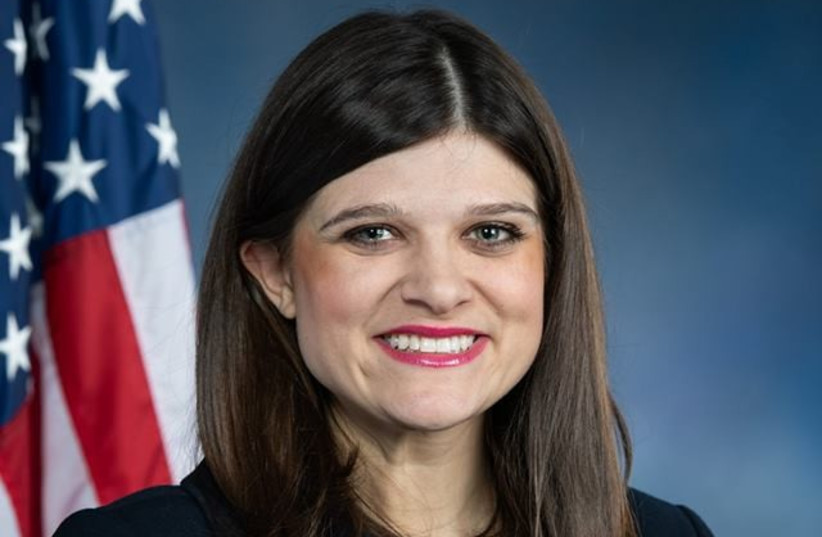The Democratic primary next week in Michigan’s 11th District could end a four-decade Jewish political dynasty — and spending by the country’s biggest pro-Israel lobby is playing a significant role.
Because of redistricting, the race pits two incumbent Democrats against each other: Rep. Andy Levin, a Jewish Democrat who favors conditioning aid to Israel and counts some of Congress’s most outspoken Israel critics as his friends, and Rep. Haley Stevens, a non-Jewish centrist whose Israel commitments lie mainly in assuring its military security.
Stevens has been the recipient of millions of dollars in outside funding far from United Democracy Project, the political action committee launched last year by AIPAC, the American Israel Public Affairs Committee. She is polling over 20 points ahead of Levin.
AIPAC broke from 70 years of studious avoidance of electoral politics when it launched the PAC, in a sign that the group no longer believed that its traditional activities were sufficient to guarantee that its vision of Israel support would prevail in Congress.
Now, the group is testing its theory in multiple primaries where progressive candidates are seen as vulnerable. Through Sunday, AIPAC’s PAC had spent $3,178,469 supporting Stevens’ candidacy and another $174,437 opposing Levin’s, according to federal election data collected by Open Secrets, a website that tracks political spending. AIPAC’s giving has made up nearly 60% of outside spending on behalf of Stevens, according to the federal data.

'I'm not just Jewish ... I'm really Jewish.'
“I’m not just Jewish, Mehdi, I’m one of two former synagogue presidents in Congress, along with Sen. Jackie Rosen. I’ve got mezuzot on all my doors. I’m really Jewish.”
Rep. Andy Levin (D-MI)
Supporting Stevens has been the United Democracy Project’s second-biggest spending area, after the $4 million it spent against Donna Edwards, a Maryland progressive who was backed by the more liberal pro-Israel lobby J Street and who lost her primary against Glenn Ivey last week. (In that race, United Democracy Project also spent $1.7 million to support Ivey.)
AIPAC’s PAC has spent nearly $22.5 million in total so far in this election cycle, all in Democratic primaries, making it the second-biggest giver overall.
Levin criticized AIPAC’s giving in an appearance Sunday night on MSNBC on the show hosted by Mehdi Hasan. He argued that by spending to defeat him, the lobby was opposing a “really Jewish candidate” whose Israel positions represent the mainstream.
“I’m not just Jewish, Mehdi, I’m one of two former synagogue presidents in Congress, along with Sen. Jackie Rosen. I’ve got mezuzot on all my doors. I’m really Jewish,” Levin said. “But AIPAC can’t stand the idea that I am the clearest strongest Jewish voice in Congress standing for a simple proposition: that there’s no way to have a secure Democratic homeland for the Jewish people unless we achieve the political and human rights for the Palestinian people.”
He added, “The last I checked that was the policy of every Democratic and Republican administration pre-Trump of this country. But AIPAC’s completely gone off the rails and they’re trying to end my career because I won’t fall in line with their view of what it means to be pro-Israel.”
Progressives from outside Michigan are rallying to Levin’s side after a poll last week showed Stevens with a commanding lead in the Aug. 2 primary. Other major Democratic figures, including Hillary Clinton, are backing Stevens.
If Levin loses, Congress would be without a Levin for the first time since 1982, when Andy Levin’s father, Sander Levin, was elected; the son replaced his father in 2019. Additionally, Sander Levin’s brother Carl, who died last year, was a senator representing Michigan from 1979 to 2015. He was a longtime AIPAC ally who broke with the lobby in his last year in office over the best strategy to contain the threat posed by Iran.
